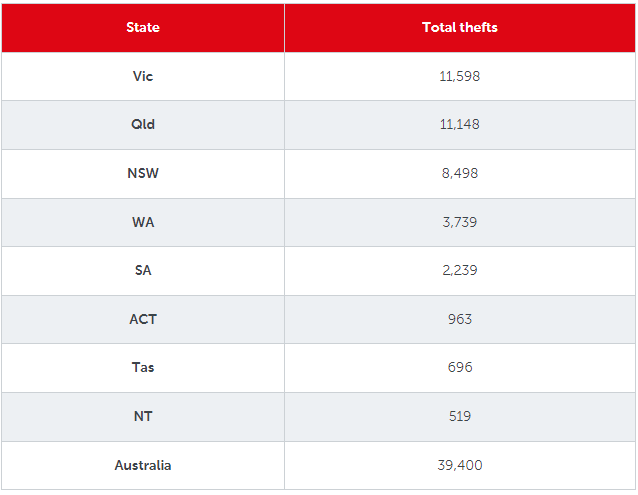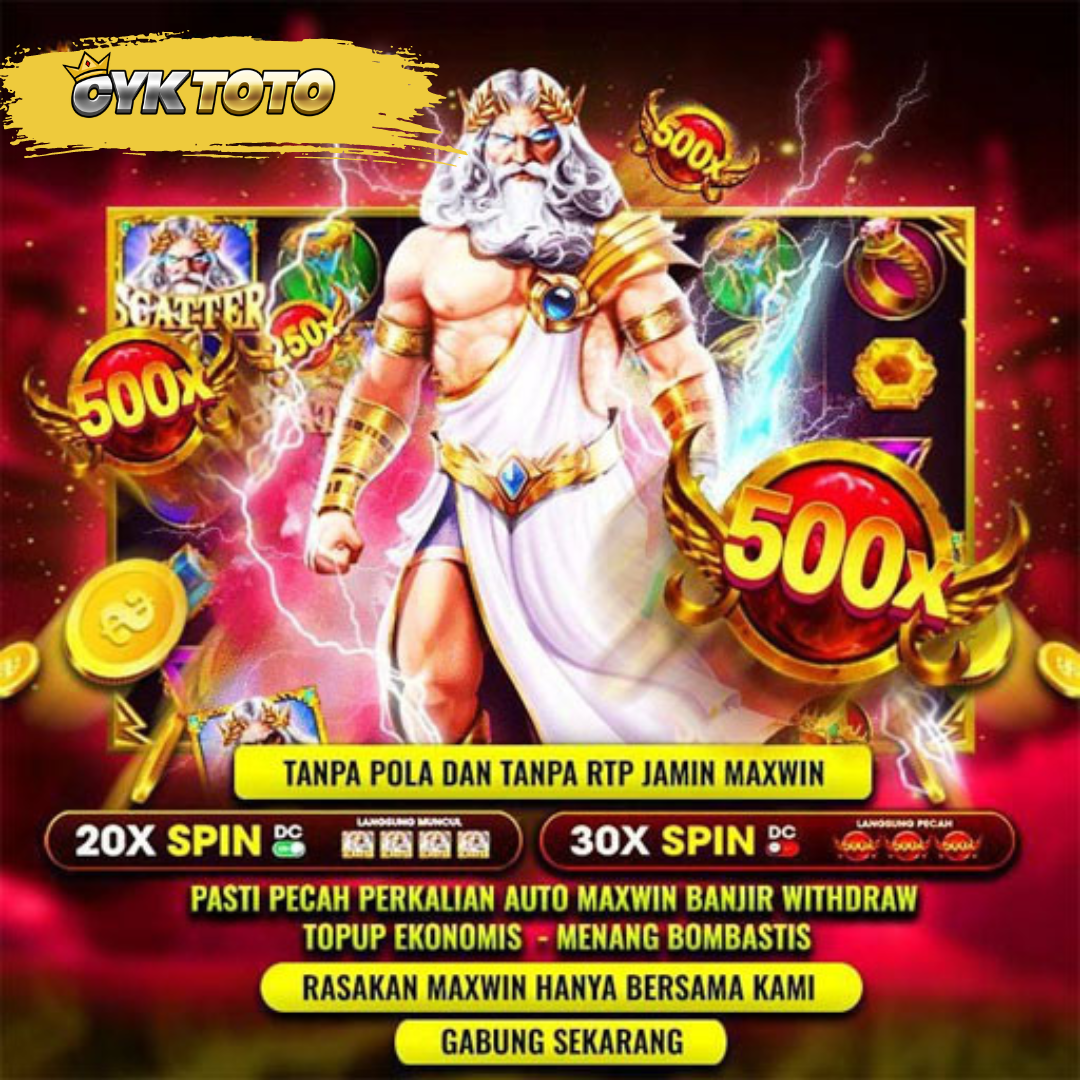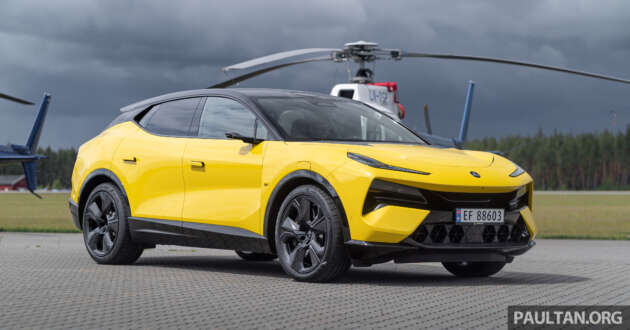Yesterday’s big news was the announcement of a revised ICPT tariff for the second half of 2023. For most domestic users, an ICPT rebate of RM0.02 remains. But for users who use more than 1,500 kWh a month, this rebate becomes a surcharge of RM0.10, which is effectively a 12 sen upwards movement. The surcharge will apply to your entire bill, not just kWh consumed above the 1,500 kWh per month limit.
If your monthly bill is consistently below 1,500 kWh, this news should not worry you. But if your bill is between 1,200-1,300 kWh every month, and you’ve been considering getting an electric car which you will plan to charge at home. You might be wondering if the electric car will push your bill above the 1,500 kWh limit.
This is why we’ve created this simple EV energy consumption calculator to help you make a decision. Simply key in how many km you drive a month, your EV’s energy efficiency (we’ve defaulted this to 17), and what your current TNB bill is before adding EV charging to the bill.
The example in the screenshot above shows a user whose current TNB bill is 1,000 kWh. He plans to drive 2,500 km a month with an EV that consumes 17 kWh per 100 km. His final TNB will will be around 1,425 kWh, which is under the 1,500 kWh limit for the surcharge.
But in this second example, the user’s current TNB bill is on average 1,300 kWh. The same EV will push his consumption to 1,725 kWh. This will trigger the surcharge.
Remember, the surcharge applies to the entire bill, not just the kWh amount that’s above 1,500 kWh, which in this case 1,725-1,500=225 kWh. So in this case, the surcharge would automatically increase the bill by RM172.50, not RM22.50
If you consume 1,501 kWh? Too bad. That extra 1 kWh would be the most expensive 1kWh ever, automatically increasing your entire bill by RM150.10.
We foresee that this might dampen the sales potential of more affordable EVs such as Neta V and the upcoming BYD Dolphin, which are just starting to hit the market. Buyers of these more affordable EVs might be more sensitive to movements in electricity costs. Why should they take the risk to adopt EVs when no such tiered subsidy system exists when purchasing petrol?
We hope this helps you understand how adding an EV could impact your TNB bill thanks to the new ICPT tariff that has this “1,500 kWh” switchover point.
Click here to use the EV consumption calculator.
#buying #electric #car #entire #TNB #bill #hit #RM0.10 #kWh #ICPT #surcharge















